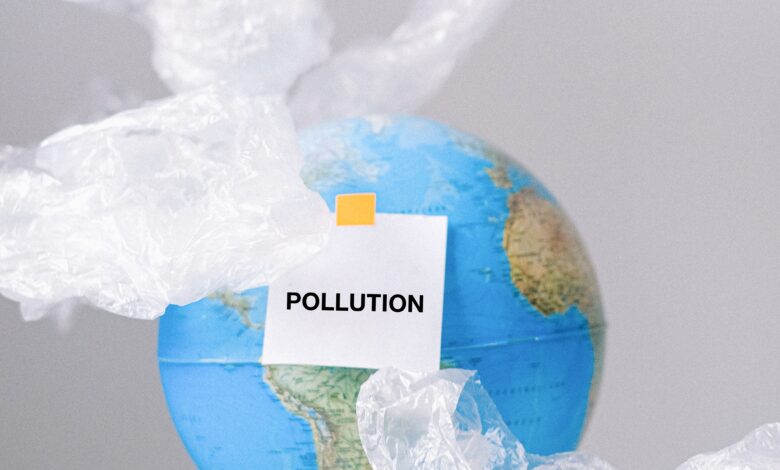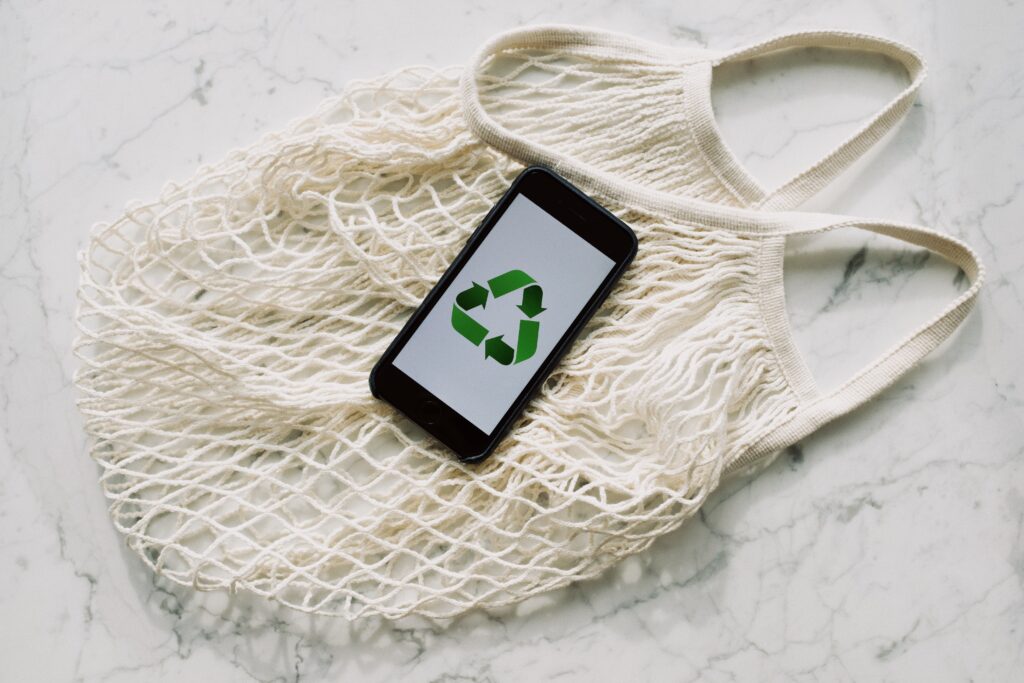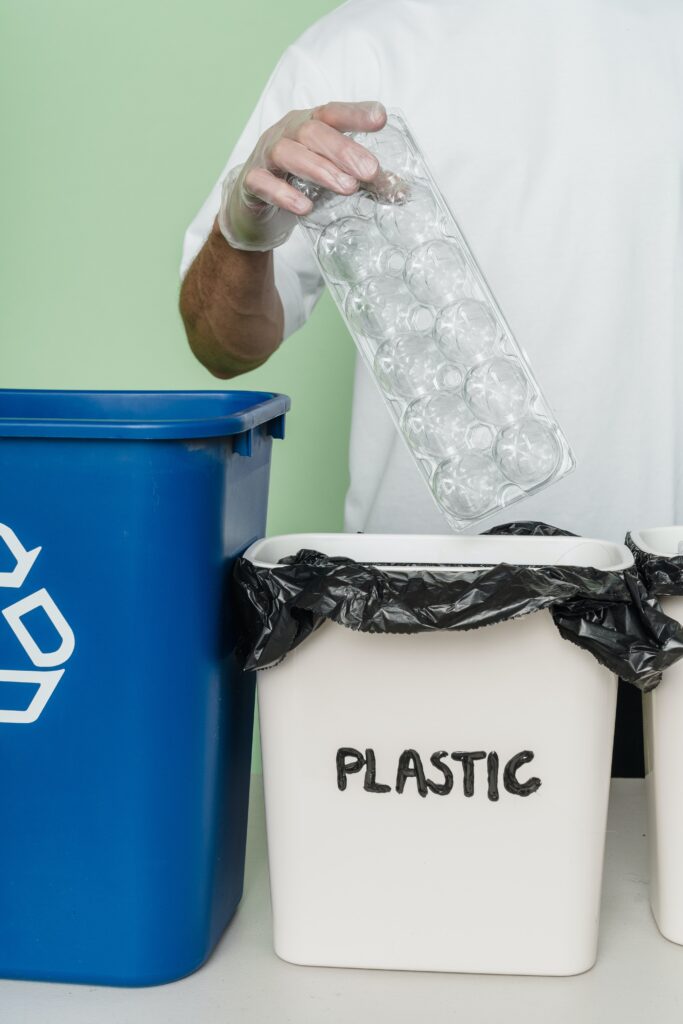#WorldEnvironmentDay: Tackling Plastic Pollution: Innovations and Solutions for a Plastic-Free Future

Some of the game-changing innovations and solutions, as well as the collective efforts being made to combat plastic pollution.
Plastic pollution has become one of the most pressing environmental challenges of our time. From clogging up our oceans to harming wildlife, the devastating impact of plastic waste cannot be ignored. Our earth is swimming in more than 350 million metric tons of plastic waste produced by us. However, amid this global crisis, innovative solutions and groundbreaking technologies are emerging, offering a glimmer of hope for a plastic-free future.
Rethinking Packaging

The first step towards a plastic-free future lies in reimagining packaging materials. Traditional single-use plastic packaging has long been a major contributor to pollution. Fortunately, alternatives are emerging. One such innovation is biodegradable packaging made from renewable resources like cornstarch or cellulose. These materials decompose naturally, reducing their impact on the environment. Additionally, compostable packaging, derived from plant-based materials, is gaining popularity as a sustainable alternative to traditional plastic.
Edible Solutions
Imagine a world where food packaging becomes a part of the meal. Edible cutlery, for instance, made from a blend of rice, wheat, and sorghum, is gaining traction as a viable alternative to plastic utensils. These edible utensils not only reduce plastic waste but also offer a unique dining experience. Similarly, edible packaging films, derived from seaweed, are being explored as an eco-friendly option. These innovations not only tackle plastic pollution but also encourage sustainable consumption habits.
Recycling Revolution

Recycling has long been championed as a solution to plastic pollution, but its effectiveness has been limited due to various challenges. However, recent advancements in recycling technologies are paving the way for a recycling revolution. One such innovation is chemical recycling, which breaks down plastics into their basic molecular components, allowing for the creation of new materials. This process can handle a wider range of plastics, including complex multi-layered packaging, which was previously difficult to recycle.
Plastic Neutrality
It means for every amount of plastic created, an equal amount of plastic waste is retrieved from or prevented from entering the ecosystem. FMCG sectors like beauty and cosmetics, food and beverage, pet care, and retail brands have understood the importance of plastic neutrality. These brands want to ensure that they are doing as much as possible to help the environment by choosing plastic neutrality.
In a world plagued by plastic pollution, a climate action platform has emerged, armed with innovation, determination, and feasible solutions to save our planet from plastic pollution. The Disposal Company is such an example. TDC has helped 60+ brands to become plastic-neutral to date.
Collaboration and Policy Changes
Tackling plastic pollution requires collective action and collaboration between governments, businesses, and communities. Many countries and cities have taken steps to address the issue, implementing policies such as plastic bag bans, extended producer responsibility, and incentives for recycling. Businesses are also adopting sustainable practices by reducing plastic packaging, implementing recycling programs, and supporting the development of innovative solutions. Collaboration between different stakeholders is crucial to drive systemic changes and create a supportive environment for a plastic-free future.
India’s first climate-action platform, The Disposal Company has collaborated with Thermowaste Solutions. They recycled 1,80,000Kg of post-consumer plastic waste to achieve ‘zero waste to landfill’ through recycling.
Consumer Awareness and Behavioral Shifts
Education and awareness play a vital role in transforming consumer behavior. As individuals become more aware of the detrimental effects of plastic pollution, they are increasingly opting for sustainable products and supporting businesses that prioritize sustainability. The growing zero-waste movement, where individuals aim to minimize their waste generation, is gaining momentum worldwide. It emphasizes the importance of reducing, reusing, and recycling to combat plastic pollution.
Conclusion
The theme for World Environment Day, 2023 is under the campaign #BeatPlasticPollution, ‘Ecosystem Restoration’. It is a reminder that our actions on plastic matter as this convenient but destructive material is slowly seeping into our oceans, soil, and forest. The fight against plastic pollution requires a multifaceted approach that combines technological innovation, policy changes, collaboration, and individual action. By embracing these innovations, supporting sustainable practices, and advocating for change, we can collectively work towards a cleaner, healthier planet where plastic pollution is a thing of the past. Let us seize this opportunity to create a better future for ourselves and future generations.
Say goodbye to plastic pollution and carbon emissions with The Disposal Company’s game-changing platform, which helps brands in India to become plastic-neutral and carbon-neutral. Click here to find out how.




